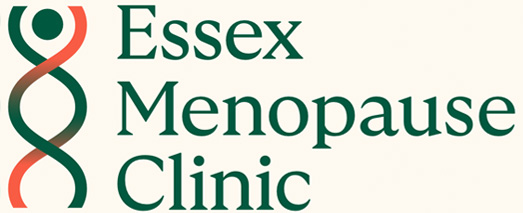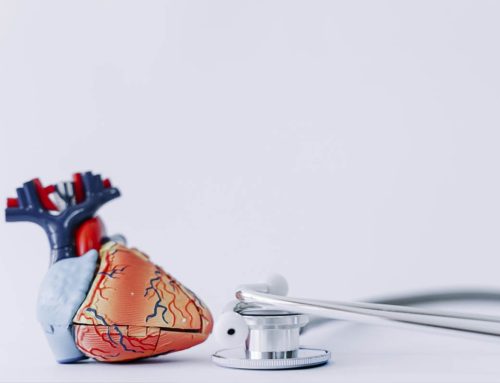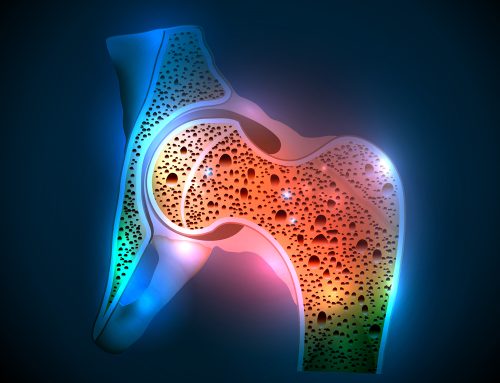A very interesting new article was published last month (July 2019) in The Lancet Diabetes and Endocrinology Journal, about the safety and effectiveness of testosterone. As there is currently no international consensus of how best to use testosterone to treat women this is a very useful piece of research. Keep reading for a quick summary of the findings!
Safety and efficacy of testosterone for women: a systematic review and meta-analysis of randomised controlled trial data. Islam, Rakibul M et al. The Lancet Diabetes & Endocrinology. July 2019. https://www.thelancet.com/journals/landia/article/PIIS2213-8587(19)30189-5/fulltext#articleInformation
So what was this study?
This was a systematic review and meta-analysis of controlled trial data. What this means is that the researchers looked at data from a number of independent studies on the same subject, to see if they could determine overall trends. These trends were further considered and collated to provide a summary of the research to see if they could make recommendations about how safe and effective the use of testosterone is in women.
28 years of data were looked at between 1990 – 2018 and the researchers looked at 3840 records! However, they only included well-designed clinical trials in their analysis so that they could be sure the findings of those trials were reliable. They therefore included a total 46 reports on 36 randomised controlled trials which involved a total of 8,480 women in their analysis.
What did they find?
The findings of the research have been summarised here:
• Testosterone has beneficial effects for postmenopausal women for sexual function by increasing desire, the number of satisfying sexual events, pleasure, arousal, orgasm and improved sexual self-image.
• Transdermal (through the skin) testosterone in the form of a patch or cream did not affect cholesterol levels, glucose levels or blood pressure.
• Testosterone use was not associated with an increase in heart attacks, stroke or blood clots
• Testosterone use was not associated with an increase in endometrial (womb) thickness.
• There was no evidence of increase in breast cancer with testosterone use, but there were not much data to analyse and more research is required.
• The authors did not find a beneficial effect on cognitive measures, bone mineral density, body composition or muscle strength and no benefits for depressive mood. However, the number of women in these particular studies was very small in number and more research is needed to look at this.
• Side effects, such as mild acne and hair growth, occur with testosterone treatment in a small number of women but the symptoms were not bad enough that the women wanted to stop their treatment.
• Testosterone replacement which led to blood levels of testosterone in the normal female range did not cause voice deepening or enlargement of the clitoris.
• Testosterone was found to be associated with a small increase in weight gain.
I thought this was a very interesting piece of research. I was surprised that they did not find a beneficial effect in cognitive measures and on mood. In my clinic I find that quite commonly women to whom I prescribe testosterone say that they feel that their sense of wellbeing has improved and they feel less anxious and more confident, however, this finding was not borne out by this research.
This study highlighted that we still need further trials to assess the risk of breast cancer in more detail with testosterone use. Although the current data are reassuring that there does not appear to be any increased risk, there are not much data available to look at.
It is disappointing that there is currently no available licensed testosterone product for women in the U.K. Current available options are either to use AndroFeme®1, a testosterone cream which is licensed for women in Western Australia and available privately in the U.K, or otherwise male formulations at lower doses, however, this runs the risk of giving more testosterone than is appropriate in a woman. Bioidentical compounded products should be avoided as they are not subject to the same safety testing or quality control as regulated products and there can be differences between batches.
I hope that the interest this piece of research has generated will encourage more research into this important area of women’s medicine and the development of a licensed female testosterone preparation in the U.K.






Leave A Comment